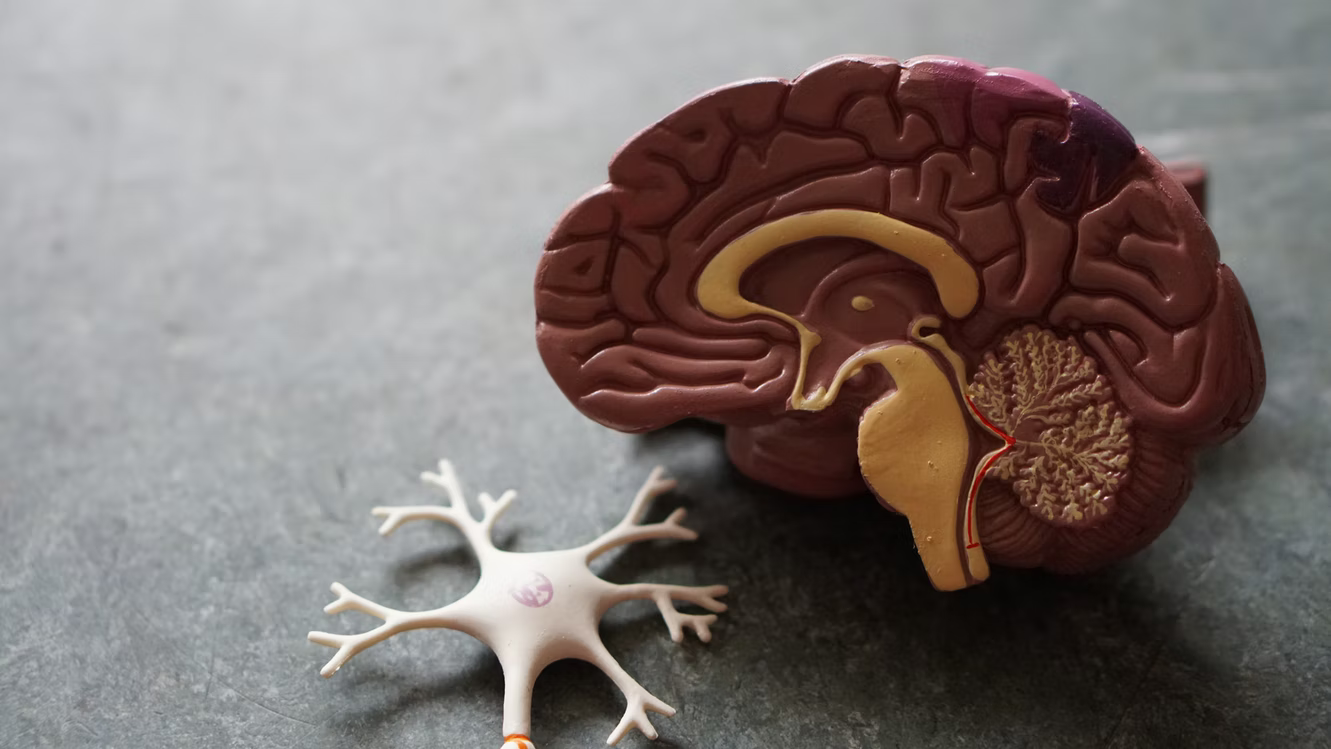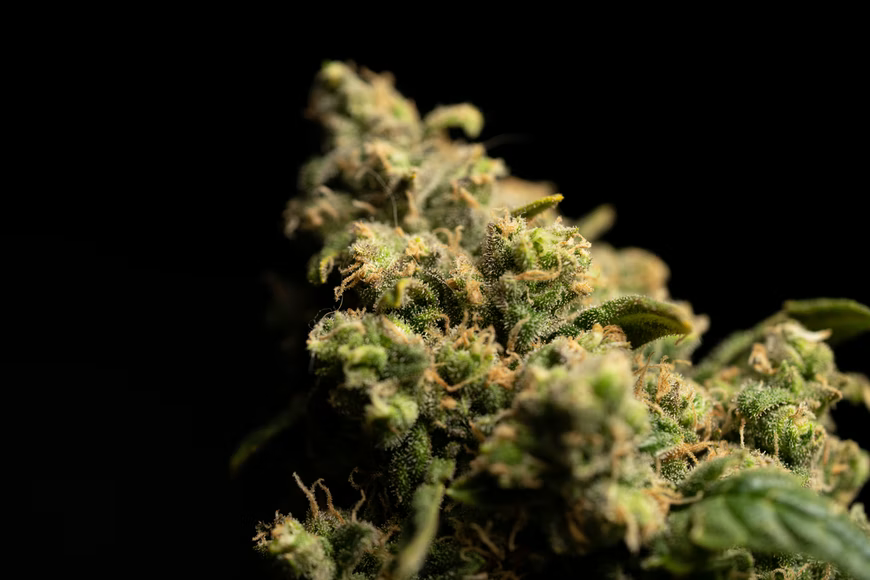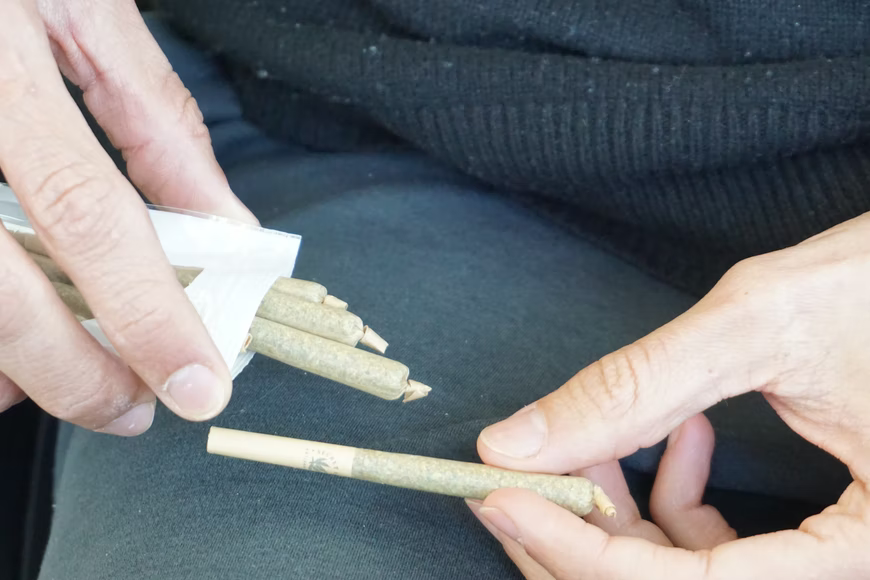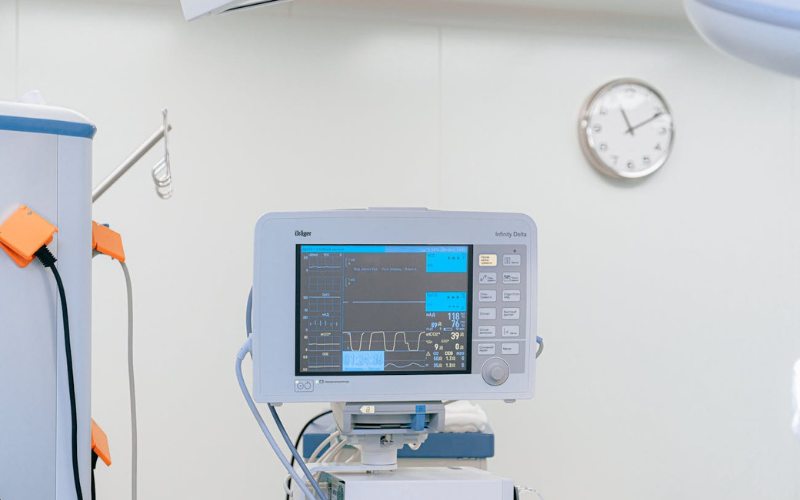Muscle spasticity affects more than 12 million people across the globe. This includes 80% of people with multiple sclerosis and 80% cerebral palsy. One of the symptoms of muscle spasticity is pain, and approximately 70-90 % of people with multiple sclerosis experience it.
The treatment options for muscle spasticity and pain control may get the job done, but they don’t work for everybody.
Muscle spasticity in MS patients is caused by prostaglandins, cytokines, and reactive oxygen species that alter neuronal pathways and lead to motor circuit function and muscle tone changes.
The available pharmacological treatments such as gabapentin, baclofen, and botulinum may sometimes fail to reduce pain in people suffering from muscle spasticity and improve their quality of life. And where these modern solutions fall short, Cannabis, specifically THC— a cannabinoid in Cannabis, may help.
What Is Spasticity?
MS damages the nerves that control muscles, resulting in spasticity, which impairs movement and causes stiffness and pain. According to the National MS Society, Spasticity is the feeling of muscle spasms and stiffness.
It’s a common phenomenon in people who have Multiple Sclerosis. Muscle spasticity usually occurs in the leg, but the painful cramps can move towards the lower back.
Muscle spasticity may be beneficial to a degree for patients who have muscle weakness. It provides them with the stiffness to move their limbs about, but it may be time to consider treatment when the pain gets out of hand.
Causes of Muscle Spasticity
Spasticity can affect any of your body’s muscles and can occur for the following reasons.
Increase in Muscle Tone
Your muscle tone refers to the degree of tension or resistance to muscle movement. Muscle tone is what allows you to hold position or move limbs. An increase in your muscle tone may cause some spasticity and spasms.
Nerve Signal Damage
Your nerve pathways connect to your spinal cord, brain, and muscles, and they work simultaneously to coordinate smooth movements. MS-related damage may interrupt your muscle and brain nerve signals and cause your muscle to stay shortened.
This, in turn, makes the affected limb feel stiff, tight, and hard to move. When your limb becomes hard to move and remains in one position, this state is called a contracture.

A disruption to the nerve messages can also cause spasticity by affecting muscle over-activity and coordination.
Symptoms of Spasticity
Spasticity has several symptoms. These can be anything from an increased muscle tone interspersed with weakness or involuntary patterned movements with rhythmic movements twisting and restricted motion and posture. Other symptoms include:
- Pain or discomfort
- Reduced ability to function
- Abnormal posture
- Contracture
- Bone and joint deformities
- Decreased quality of life
- Problems with care and hygiene
How THC Might Help With Muscle Spasticity
Muscle spasticity is a condition that affects your nerves, brain, and spinal cord. Many studies have concluded that marijuana, or the active compound such as THC, is highly likely to help with muscle spasms and stiffness. On the other hand, THC is a cannabinoid that can influence your brain and body functioning.

Although most of these studies had a relatively small number of participants who experienced spasticity and the outcome measured varied, the general conclusion was that cannabinoids like THC could impact symptoms of pain and spasticity.
If you experience muscle spasticity and haven’t tried THC yet, then this may be the sign you’ve been looking for. There are a lot of places you can get THC, but first, you should use Disposable THC Vape Pens. You won’t regret it.
Can THC Treat Spasticity?
Living with aching, cramping, and stiff muscles is an experience that more than 2.5 million people with Multiple Sclerosis contend with. Another 15 million people with spinal cord injuries also suffer the same fate. These symptoms limit movement, cause pain, and rob people of their much-needed sleep.
Several conventional medications can help reduce the discomfort experienced by these patients, but most of the time, they rarely work entirely. There are also numerous side effects such as drowsiness and weakness that may be intolerable for some patients.

With this outlook in mind, it’s easy to understand why some people who experience muscle spasticity and spasms may turn to marijuana for relief. Scientific research aside, the hordes of anecdotal evidence from patients show that muscle spasms go down after smoking marijuana.
For instance, a survey from 1982 of people with spinal cord injuries showed that 21 out of the 42 respondents reported that marijuana lowered muscle spasticity. In another 1997 survey, out of 112 regular marijuana users, nearly every participant said that it helped lessen both pain and spasticity.
Animal research also supports the claims that marijuana can calm muscle spasticity. Spasms originate from the areas in the brain that control movement, and this includes a site with cannabinoid receptors in abundance.
One study showed that rodents become much more lively after being given small cannabinoids (THC).
Conclusion
THC may be helpful for spasticity, but to ensure a successful treatment, you must find high-quality products. You can either buy your THC online or from a legit dispensary; do your due diligence to ensure either one is legit. If you suffer from spasticity or other similar symptoms and would like to try THC, have a chat with your doctor or a qualified cannabis specialist to know the way forward.
Also Read: Home Remedies for Clear and Glowing Skin




